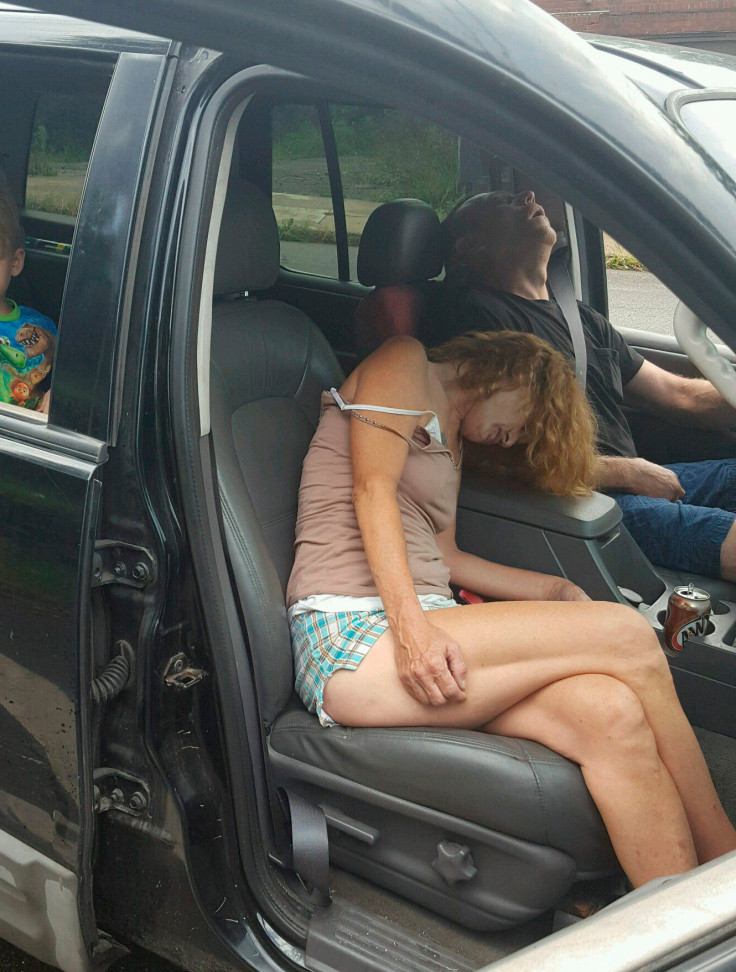Opioid overdose: Police to carry Naloxone spray as emergency antidote
Naloxone will be able to provide crucial time for the emergency responders to arrive and take over the emergency medical treatment.
Police officers in Scotland will now carry an emergency antidote to treat drug overdose victims. The antidote is a nasal spray of Naloxone which is known to counter the effects of overdose from opioids like heroin. The initiative is part of a pilot project which the Scottish Police Federation has criticised as being merely a public relations and "sticky plaster" solution to the problem.
Supporters of the initiative on the other hand say the move is being introduced in response to the rising numbers of drug-related deaths in Scotland. Their argument lies heavy on the fact that Naloxone will be able to provide crucial time for the emergency responders to arrive and take over the emergency medical treatment.
In an article on the BBC, it said that families of heroin users at risk of fatal overdoses are being pushed to be trained in using Naloxone by ambulance crews in Glasgow. At the same time, paramedics in Scotland have also used more than 5,000 doses of Naloxone in 2019.
Figures taken from the National Records of Scotland indicate opiates/opioids were implicated as a potential contributory factor in 86% of drug related deaths in 2018.
The move will run for a trial period of six months and will cover east Glasgow, Dundee and Falkirk.
According to Assistant Chief Constable Gary Ritchie, head of drug strategy for Police Scotland:
"It is hoped the testbed areas will show the value of our officers carrying this treatment as an extension to the existing extensive first aid training already provided by the organisation."
He also added that a "full evidence-based evaluation" of the project would help decide if it should be rolled out across Scotland.
Meanwhile, the Scottish Police Federation (SPF) said it was completely opposed to its members being asked to administer the drug. The SPF expressed fears that the role of the police officer was being stretched too far, and also raised concerns about their safety during the Covid pandemic.
Under the trial run, carrying Naloxone will be voluntary but all frontline police officers with the rank of constable, sergeant and inspector within the pilot areas will be required to go through training. From there, officers will be asked to decide if they wish to carry Naloxone and participate in the pilot project. Those who agree will be provided with personal issue supplies of Naloxone. About 700 officers will undergo training which is expected to commence in early 2021.

© Copyright IBTimes 2025. All rights reserved.





















